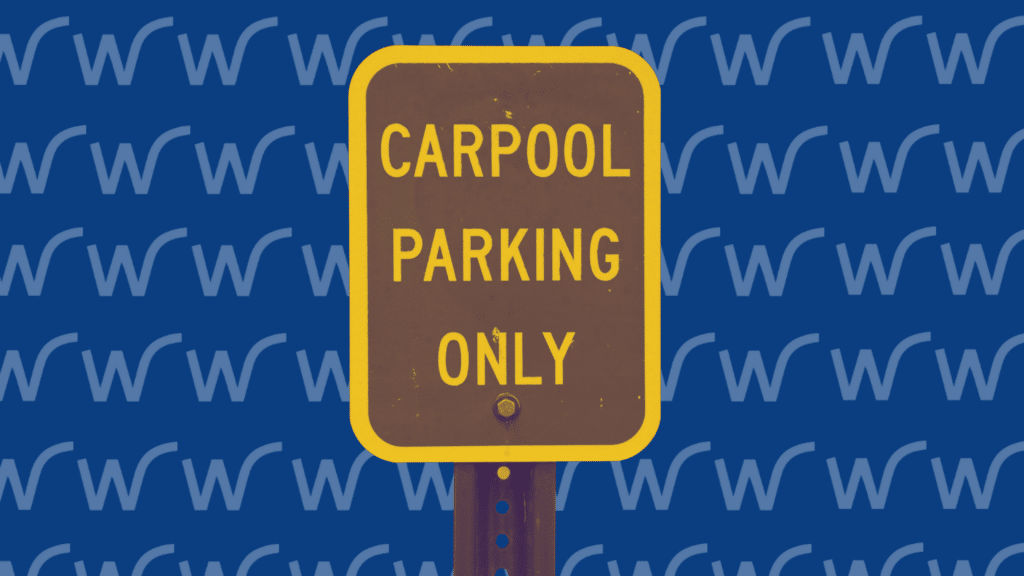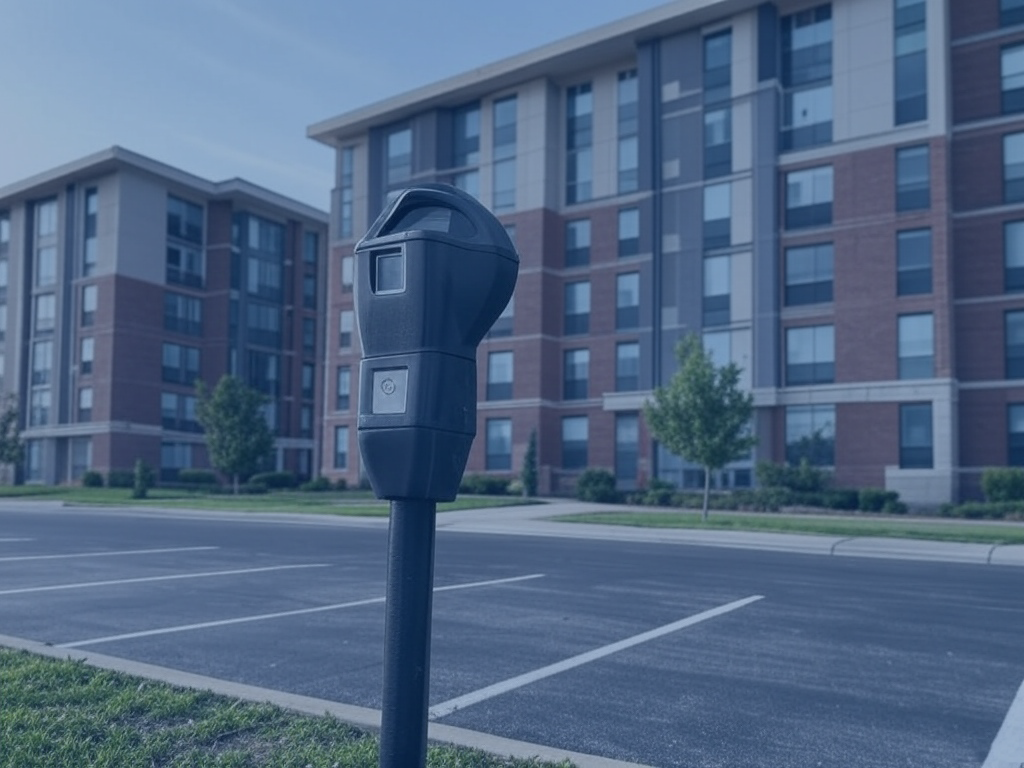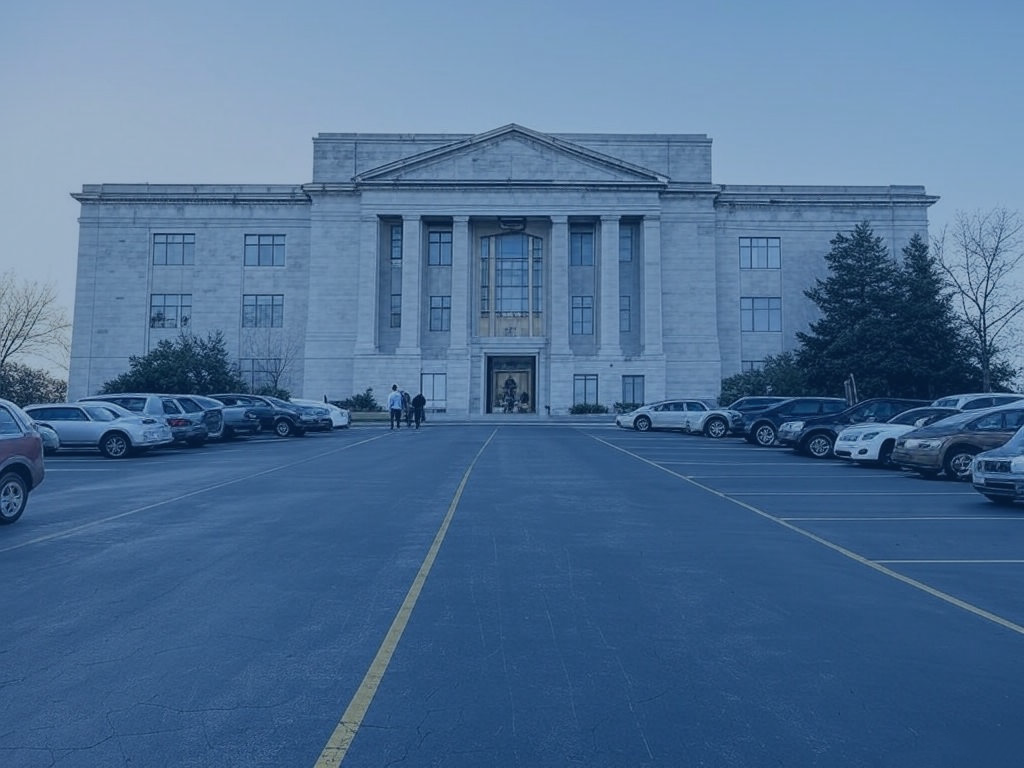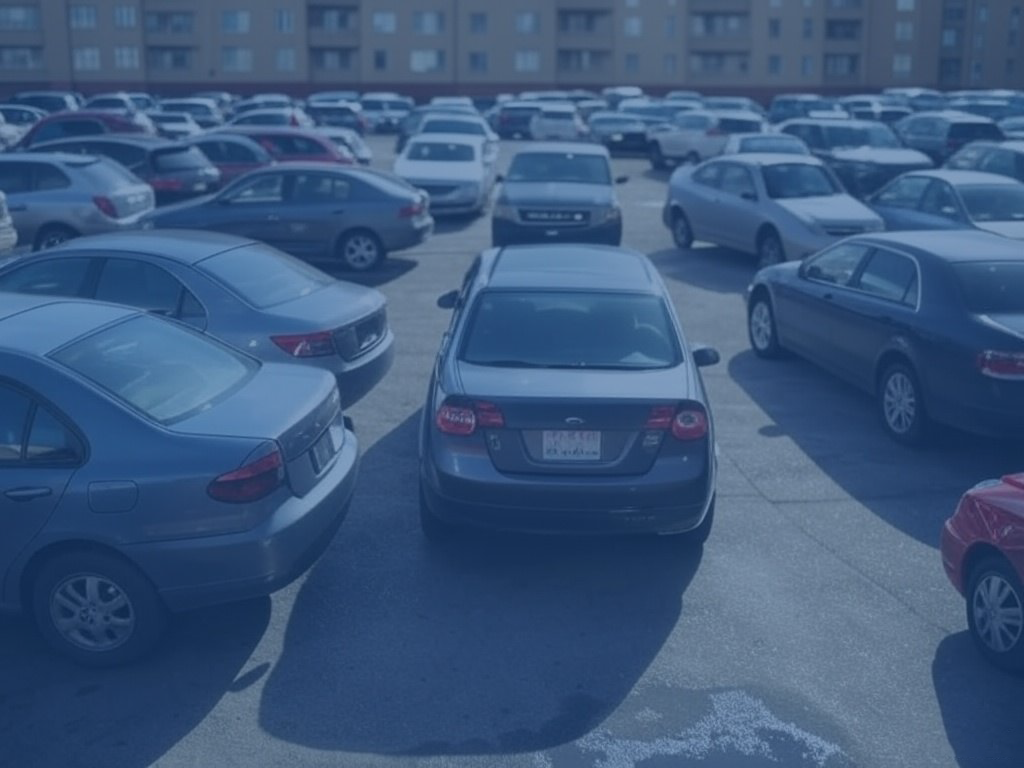For decades, carpooling has been hailed as a smart way to save money on gas. But modern carpooling has evolved into something far more significant. It’s now a lifestyle choice that merges sustainability with technological innovation, social connectivity, and economic efficiency.
Buckle up, because the future of commuting is carpooling, and it’s not just about splitting the cost of fuel anymore.
Table of Contents
ToggleThe Roots of Ridesharing
The concept of carpooling isn’t new. It can be traced back to World War II when fuel rationing led to informal ridesharing arrangements.
The oil crises of the 1970s further popularized carpooling as a means of reducing fuel consumption and costs.
However, as gas prices stabilized in the 90s and early 2000s, carpooling’s appeal waned. That is until technology stepped in.
The Digital Revolution of Carpooling
Smartphones and easy internet connectivity have revolutionized the way we commute.
Carpooling platforms like Waypooling from Wayleadr, which is used by some of the worlds largest enterprises, such as Uber, have made ridesharing a seamless, efficient choice for modern commuters.
With just a few taps, you can find a carpool match, split the cost, and reduce your carbon footprint – all while making new connections.
Adapting to a Post-Pandemic World
The COVID-19 pandemic initially dealt a blow to carpooling services as lockdowns and health concerns kept commuters at home.
However, as the world began to reopen, modern carpooling services adapted swiftly, implementing enhanced safety protocols and contactless payment options.
Today, carpooling is experiencing a resurgence as commuters seek cost-effective and eco-friendly alternatives to solo driving.
The Multifaceted Benefits of Modern Carpooling
Splitting the Costs for Substantial Savings
Splitting the cost of commuting through commuting can yield significant savings, putting more money back in your pocket. For instance, a daily 20-mile commute in a vehicle that gets 25 miles per gallon could cost an individual $120 per month in gas, assuming a price of $4 per gallon.
Sharing that commute with just one other person could cut that cost in half. This could result in a monthly savings of $60. Over a year, that’s $720 saved – enough to cover a decent vacation or a major household expense.
And the more people you carpool with, the greater the savings. With rising costs of living, carpooling offers a practical solution to ease the financial burden of commuting while still getting you to your destination.
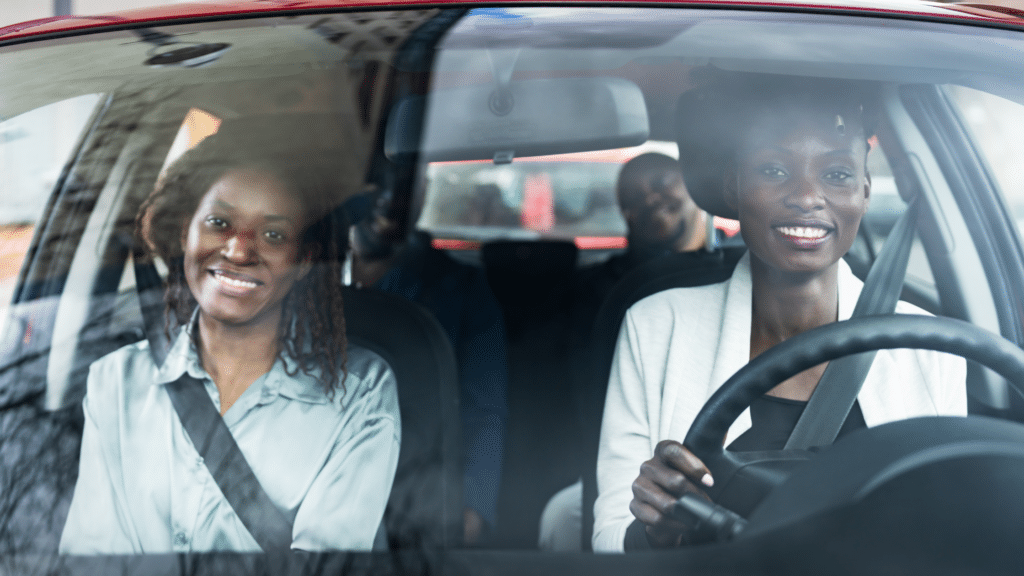
A Greener Way to Commute
The environmental benefits of carpooling are undeniable. Fewer cars on the road directly translates to reduced carbon emissions and less traffic congestion.
According to researchers from UC Berkeley, individual carpoolers may reduce greenhouse gas (GHG) emissions by approximately 4% to 5%. Another study found that employees carpooling both to and from work can potentially decrease CO2 emissions by a staggering 22% to 28%.
By embracing carpooling, individuals can directly contribute to reducing their personal carbon footprint. Thus, supporting the global effort to achieve the Sustainable Development Goals, including climate action. Fewer cars on the road translate to lower emissions, reduced traffic congestion, and improved air quality in urban areas.
Carpooling Fosters Connections
Beyond its economic and environmental merits, carpooling offers a powerful antidote to a pervasive modern phenomenon: loneliness. In a world where remote work and hybrid models have become the norm, opportunities for organic social connections can be scarce. Carpooling can help bridge this gap by fostering meaningful connections among commuters.
According to a recent survey by Glassdoor, over half (58%) of employees with less than five years of work experience feel lonely all or most of the time.
Another study by the Red Cross revealed that around 1 in 10 workers often or always experience loneliness at work, and nearly half feel lonely at work some of the time. Interestingly, the pandemic-induced shift to remote and hybrid work hasn’t exacerbated this issue; for many, the changes in working locations during COVID-19 led to improved relationships.
Carpooling offers a unique opportunity to forge bonds with colleagues who share similar commuting routes. The shared experience of navigating traffic, swapping stories, and even enjoying comfortable silences can cultivate a sense of camaraderie and belonging.
These connections can extend beyond the confines of the carpool, potentially leading to deeper friendships, professional networks, and a stronger sense of community.
By embracing carpooling, individuals not only contribute to a more sustainable future but also invest in their well-being. Beating loneliness and fostering meaningful connections is yet another compelling reason to hop aboard the carpooling movement.
Waypooling: The Next Evolution
While traditional carpooling focuses on sharing rides for commutes, Waypooling, introduced by Wayleadr, takes it a step further.
Waypooling allows organizations to optimize their existing vehicle fleets and employee commutes, ensuring maximum efficiency, safety, and sustainability. By leveraging advanced algorithms and real-time data, Waypooling streamlines transportation logistics, reducing costs and emissions while enhancing employee satisfaction.
The Road Ahead
As urban populations continue to grow and environmental concerns mount, carpooling is poised to become an integral part of sustainable urban planning.
With the rise of electric vehicles (EVs), carpooling’s impact on reducing emissions could be amplified even further. And as technology continues to evolve, we can expect even more innovations to make carpooling an increasingly convenient and appealing choice. In a world grappling with climate change, traffic congestion, and rising costs of living, carpooling has emerged as a multifaceted solution.
So, the next time you’re tempted to drive solo, consider carpooling instead. It’s not just about saving gas anymore; it’s about embracing a more sustainable, connected, and efficient way of life.
The future of commuting is carpooling, and nothing’s gonna stop us now!
